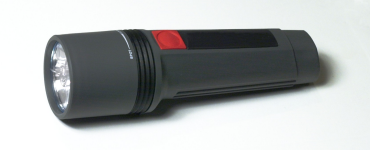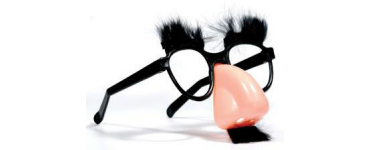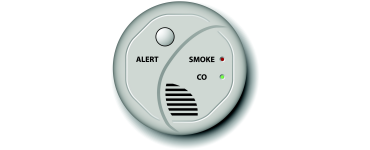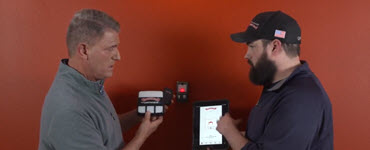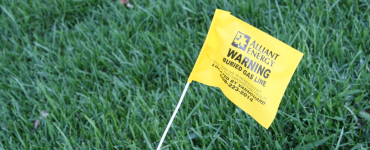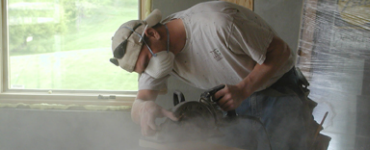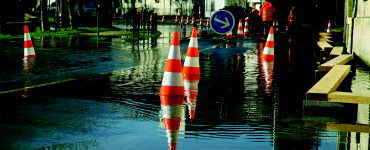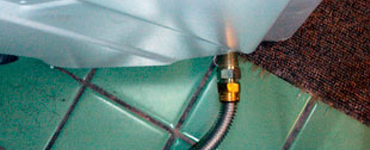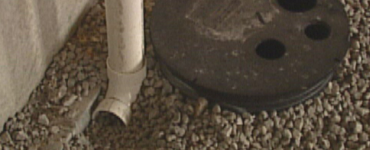Portable generators & space heaters
Handy, but hazardous
Before using this type of equipment, check your local safety codes and read the manufacturer's directions carefully - as a homeowner, you are responsible for the safe installation and use of the equipment, and you can be held liable for any injuries or damage.
The most important safety rule in running a portable generator or space heater is to make sure the area is well ventilated - if air isn't circulating, deadly carbon monoxide fumes can quickly build up. NEVER use portable generators indoors or in garages, basements or sheds – even if doors and windows are open. They should always be used outside well away from windows, doors, vents or any other opening.
Generator do's and don'ts
- DON'T attempt to hook a portable generator to your home's service panel - it should only be used to power individual appliances.
- DO check the wattage of the appliances you'll be connecting, to ensure that the electrical load doesn't exceed the manufacturer's rating.
- DON'T use extension cords with your generator. Using an ordinary extension cord on a large appliance can cause it to overheat, leading to damage to the appliance or even a fire.
Space heater do's and don'ts
- DO use the correct type of fuel for your heater, and keep an extra supply stored safely away. Attempting to use kerosene in a propane heater, or vice versa, can be extremely dangerous. Before refueling the unit, unplug it, let it cool, and then take it outside to refill.
- DO keep a close eye on the heater while it's running, and be sure to shut it off before you go to bed or leave the house. Never run a portable heater for longer than the manufacturer recommends.
- DO make sure your heater has an automatic tip-over switch that shuts the unit off if it's accidentally bumped.
- DO check the area for flammable materials, including paper, cardboard, paint and other chemicals.
- DON'T use extension cords with heaters and generators.
- DON'T place a space heater within three feet of any other objects, especially fabrics like upholstered furniture, carpet and curtains.
- DON'T set the heater on a raised surface like a workbench, chair or table - it should sit only on an uncarpeted floor.
- DON'T place the heater in a high-traffic of play area in your home.
More from this category
Natural gas leaks
Although leaks from natural gas lines are rare, it’s important to know the warning signs.
Carbon monoxide - the invisible enemy
Find out what causes deadly carbon monoxide poisoning - and how to prevent and detect it.
Garage door app
A garage door app will alert you when the door is open and allow you to open and close the door from your smart phone.
Staying safe around buried gas pipelines
If you have buried natural gas lines on your property, make sure you know how to locate and maintain them.
Take care with power tools
Taking a few minutes to check power tools before and after using will keep them in good working order and will keep you safe.
Flood safety
Walking through a wet or flooded basement can be dangerous. To be safe, you should always assume that basement flood water is energized.
Gas appliance safety
Keep these safety guidelines in mind when using gas-consuming products such as stoves, clothes dryers, water heaters and furnaces.

